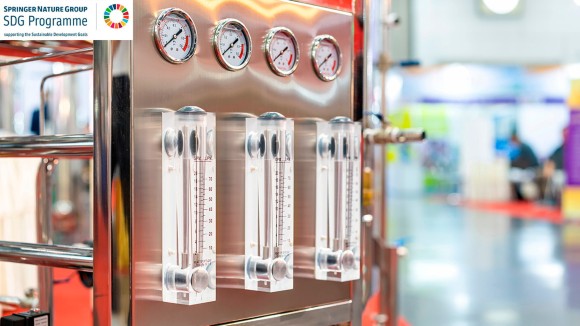Collections articles undergo Scientific Reports' standard peer review process and are subject to all of the journal’s standard policies. This includes the journal’s policy on competing interests. The Guest Editors have no competing interests with the submissions which they handle through the peer review process. The peer review of any submissions for which the Guest Editors have competing interests is handled by another Editorial Board Member who has no competing interests. For more information, refer to our Collections guidelines.
This Collection has not been supported by sponsorship.

